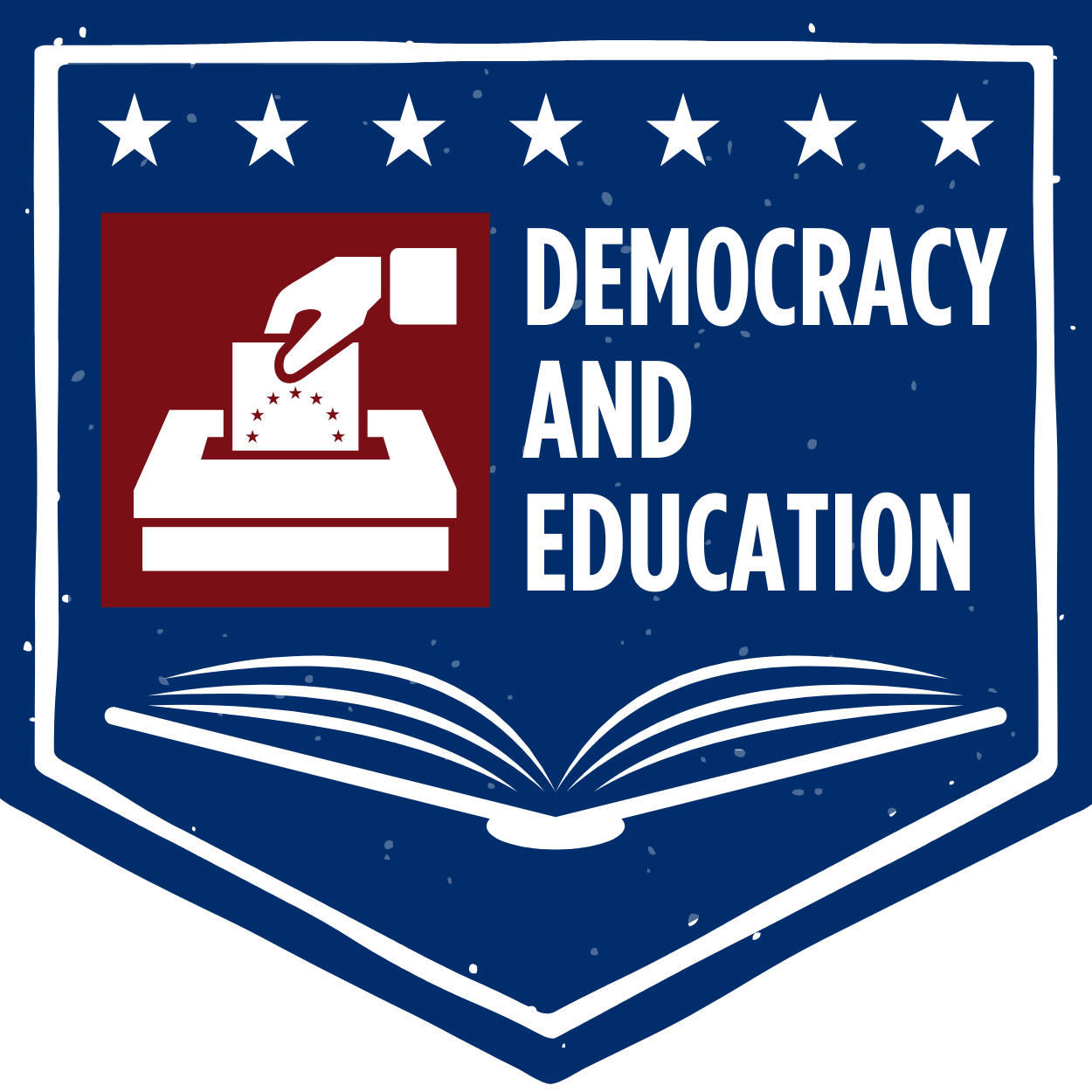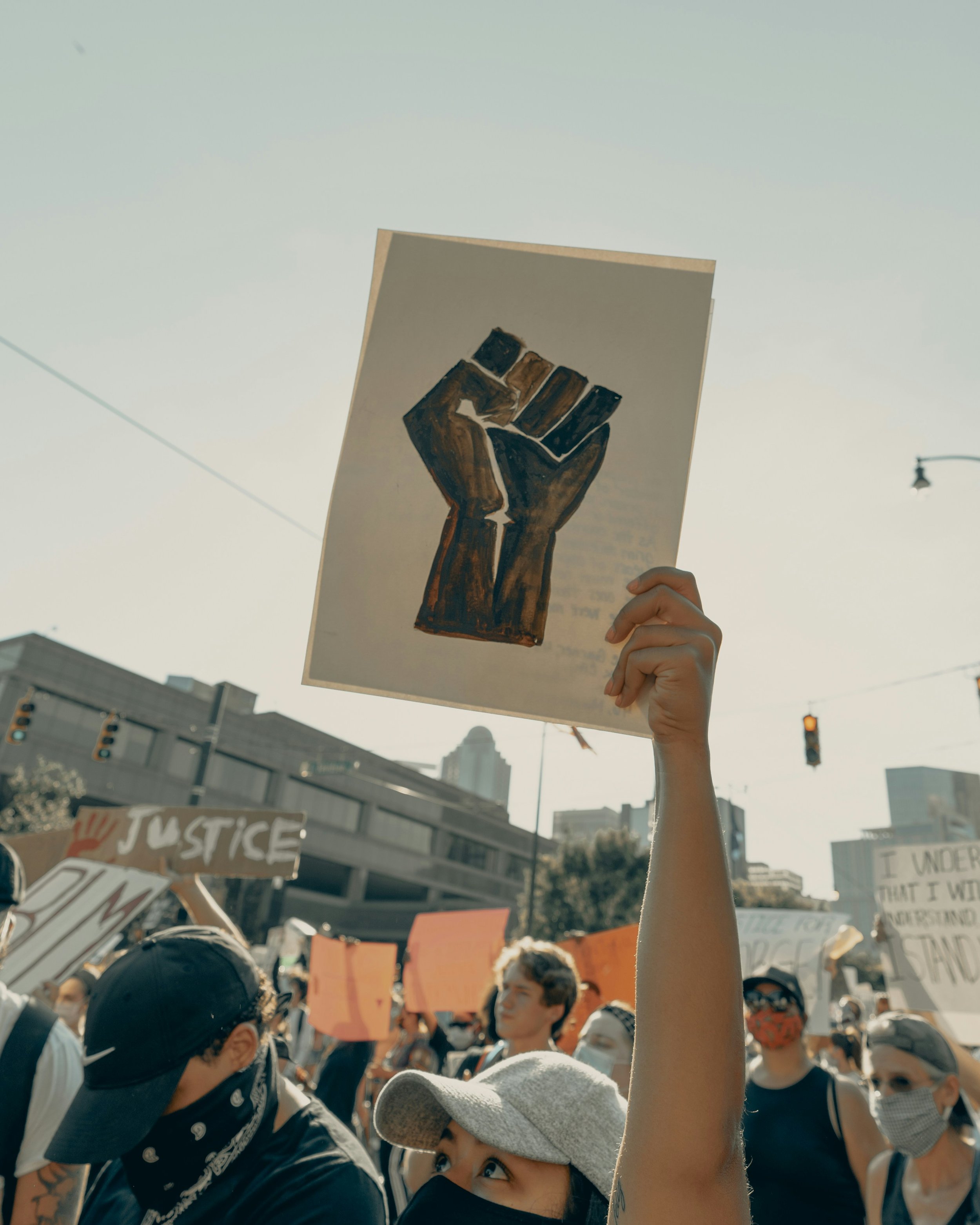Critical Race Theory
What School Board Candidates Need to Know
Photo by Clay Banks on Unsplash
Overview
The term “critical race theory” was coined by law professors Derrick Bell and Kimberle´ Crenshaw, among others, who asked the question: “Why are there still disparities after the Civil Rights Movement?” They rejected the idea that race itself explained disparities of life chances. That is to say, they rejected the notion that any set of characteristics can be assigned to groups of people (sometimes referred to as “race essentialism'') or that any group can be said to be superior or inferior to any other group of people. So why did we still have disparities in health, wealth, and academic outcomes for people of, for example, African and Native American descent?
They concluded that even when laws are not on their face discriminatory, they may have a discriminatory effect and thus are part of creating inequities that should be addressed. They drew on the fields of history and sociology as well as legal analysis for their work. But critical race theory was a fairly obscure branch of study confined to a few law schools and graduate programs until extremist propagandists began using the term to encompass a whole package of things they oppose, from the inclusion of American history that contradicts the idea that America has continually made progress to efforts by schools and districts to address disparities of achievement and discipline.
This package of issues was cobbled together in large part by Christopher Rufo of the Manhattan Institute and Heritage Foundation, who has openly boasted of his goal to manipulate the meaning of critical race theory. For example, he once tweeted: “We have successfully frozen their brand–’critical race theory’--into the public conversation and are steadily driving up negative perceptions. We will eventually turn it toxic, as we put all the various cultural insanities under that label. The goal is to have the public read something crazy in the newspaper and immediately think ‘critical race theory.’ We have decodified the term and will recodify it to annex the entire range of cultural constructions that are unpopular with Americans.”
In other words, he’s attempting to brand everything that is unpopular as critical race theory. In fact, knowing that the majority of Americans disapprove of racism, he has tried to brand critical race theory as itself being racist. He says critical race theory is “race essentialism.” This is precisely what critical race theorists pointedly reject.
Possible Message to Voters
In order to ensure that all children from all backgrounds get a good education, we must examine the policies, practices, and systems we have in place that may inadvertently hold some students back. And to prepare them to help make “a more perfect union,” we must teach our children honest history that helps them understand the centuries-long tension between our founding ideals and our founding realities. As historian James Anderson says, ”The notion that you can only develop patriotism by manufacturing a history or manufacturing a truth is a very, very false notion.” In fact, he says, “If you repress the truth, if you hide things and shield things, eventually, people will find out. At that point, they lose trust in society.”
For More Information:
Education Week explained What Is Critical Race Theory and Why Is It Under Attack? It also maintains a map of states with legislative bans that have been passed.
Journalist Jelani Cobb provides insight in his profile of Derrick Bell, The Man Behind Critical Race Theory.
Kimberle´ Crenshaw’s African-American Policy Forum is considered to be the “official” think tank of critical race theory and has a great deal of information about it.
Season 1 of the EdTrusted podcast, “The Critical Race Theory Craze That is Sweeping the Nation,” explores the question of critical race theory from the perspective of educators, historians, and psychologists. In particular, Episode 1 is an interview with Gloria Ladson-Billings, where she talks about the differences between critical race theory and culturally responsive teaching, which are sometimes inaccurately lumped together because of their shared initials. Episode 7, “Not for the First Time, Nor the Last,” features historian James Anderson, who is cited above.
Scientific American had an interesting article about the need to explain systems of racism, In Schools, Honest Talk about Racism Can Reduce Discrimination, by Camilla Mutoni Griffiths and Nicky Sullivan on August 19, 2022

